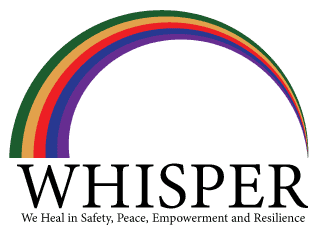The longstanding challenges associated to policing Indigenous communities are experienced across the globe. Canadian crime rates for rural communities are six times the national average while violent crime is currently nine times higher on-reserve than municipal jurisdictions. Addictions, mental health, poverty, and unemployment plague many aboriginal and First Nations communities, and are not unique to Canada. The overrepresentation of arrests and incarceration of Indigenous people worldwide are correlated to unmet community needs. Yet, these communities also have identified strengths and cultural practices that enhance well-being and community safety. There exists a burgeoning respect and appreciation for the immense spirituality and resilience of these guardians of the Earth. Despite the profound generational challenges that have been imposed, Indigenous people provide us with profound lessons on human contact toward others through the Seven Sacred truths. These Grandfather Teachings include respect, honesty, bravery, humility, wisdom, love and truth, as well as the importance of gratitude to the Creator. In Shamanic cultures around the planet, it is believed that trauma and loss of connection are at the root of many social illnesses, and by returning to the earth and its medicines, there is hope – and healing. Walking the Whispering Way is a metaphor that offers a renewed perspective on how change is required to follow the Good Red Road, the path that Indigenous people have traversed over centuries. Using a trauma-informed framework of the 4 Pillars of Policing, we examine the ways in which aboriginal communities may be better served. Indigenous traditional ways hold answers to current suffering at a global level, and embracing these concepts is necessary for communities to survive. When viewed through a compassionate lens, we refresh, renew and refocus the global law enforcement landscape in order to successfully serve our aboriginal communities and support better Indigenous policing strategies.

